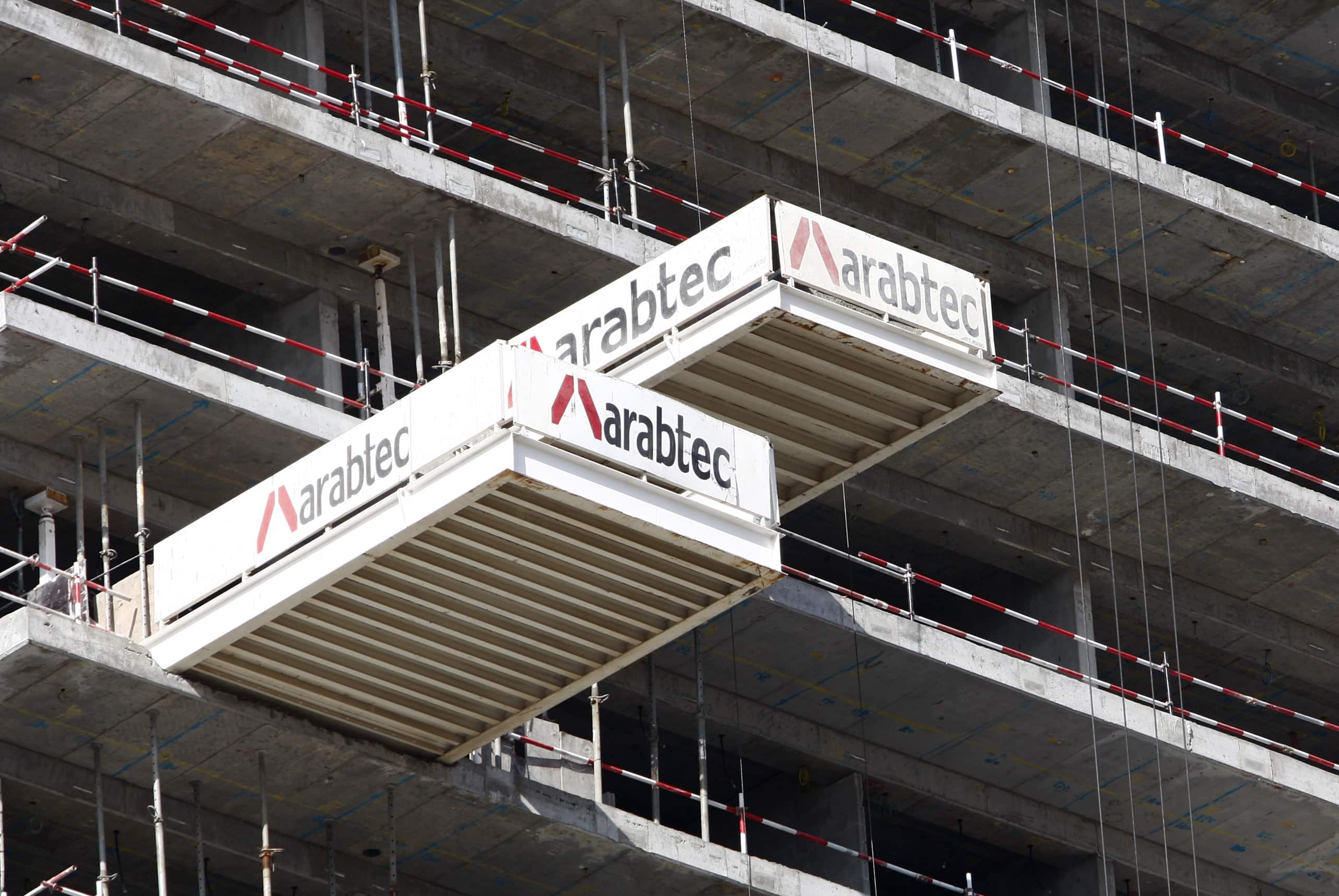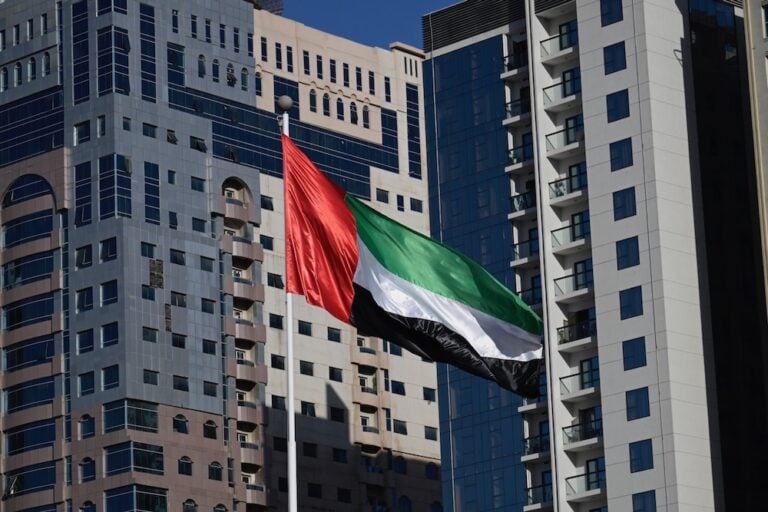Migrant construction workers employed by an Emirati construction firm, Arabtec, went on strike on 18 May 2013, demanding better pay and conditions. According to international media reports, the strike ended after police entered workers' residential compounds on Monday and immigration officials issued at least 43 deportation orders.
Authorities in the United Arab Emirates should not deport migrant construction workers for peacefully exercising their rights to strike and to bargain collectively.
Migrant construction workers employed by an Emirati construction firm, Arabtec, went on strike on May 18, 2013, demanding better pay and conditions. According to international media reports, the strike ended after police entered workers’ residential compounds on Monday and immigration officials issued at least 43 deportation orders. Al Jazeera reported that workers complained of poor working conditions, cramped and unsanitary living quarters, monthly wages as low as US$102 and broken promises on wage increases. Security guards prevented an Al Jazeera journalist from entering the compounds to speak to Arabtec workers.
“It would be scandalous if the UAE deported workers who have taken a courageous stand for their basic rights,” said Sarah Leah Whitson, Middle East director at Human Rights Watch. “This strike is a stark reminder of the UAE’s failure to reform its exploitative labour system.”
Migrant workers in the UAE are under the kafala system of sponsorship-based employment, which ties workers to one employer. Passport confiscation is customary and workers are typically required to pay up to US$3,000 in illegal recruitment fees to manpower agencies in the UAE and sending countries. Strikes and trade unions are illegal and workers are rarely able to access the courts. Human Rights Watch has documented that the UAE authorities’ enforcement of workers’ rights protection is grossly inadequate. One reason why strikes of this nature are infrequent is that workers fear dismissal or deportation will leave them unable to repay sizeable debts.
After a similar strike by Arabtec construction workers in January 2011, authorities are reported to have deported up to 70 workers. In January 2013, Arabtec won the contract to build the Louvre Abu Dhabi on Sadiyaat Island, where Human Rights Watch has previously documented serious violations of migrant workers’ rights.
The rights to freedom of association and collective bargaining are classed as core labor standards by the International Labour Organisation. Article 25 of the Arab Charter on Human Rights prohibits collective expulsions, obliges states who wish to deport non-citizens to do so “only in pursuance of a decision reached according to the law,” and grants persons subject to deportation the right to a review of that decision by a competent authority.
“The UAE authorities should be investigating whether local employers have violated the law, not penalizing poorly paid and unprotected workers,” Whitson said.



